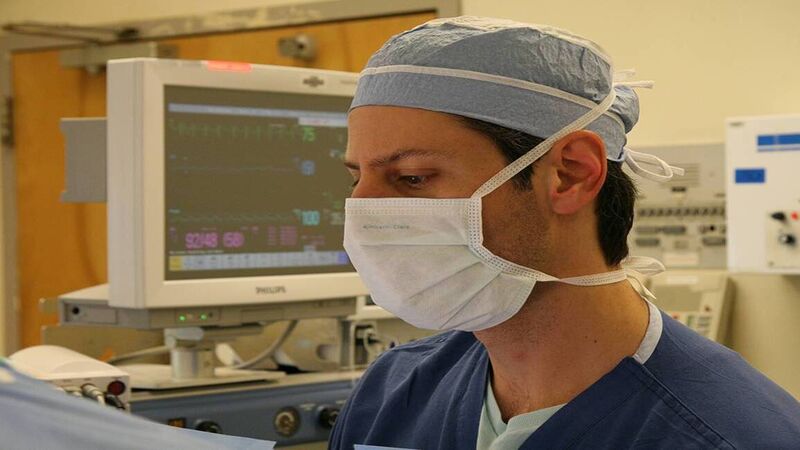Elderly flocking to emergency departments after delaying treatment during pandemic

'We saw people who showed up a week after having a stroke or three or four days after a heart attack,' Dr Fergal Hickey, consultant in emergency medicine at Sligo hospital, said.
Already swamped hospital emergency departments are seeing a spike in older people with serious conditions which have worsened because they delayed seeking treatment during the pandemic.










